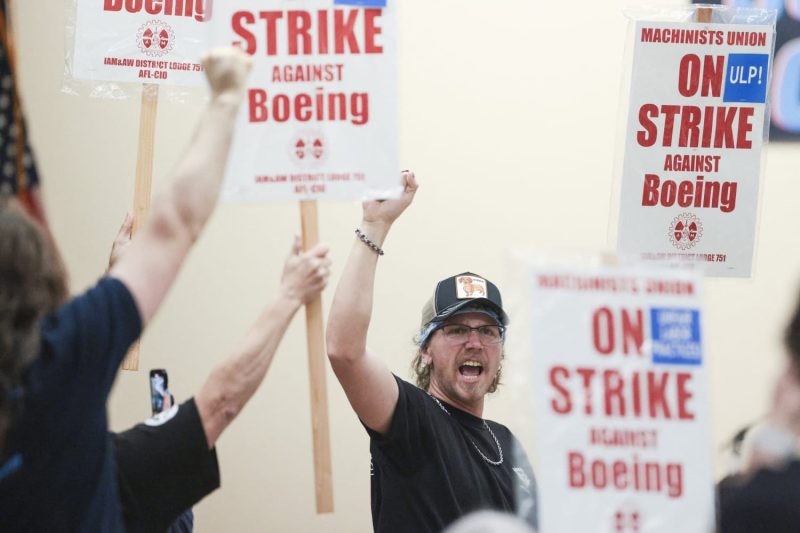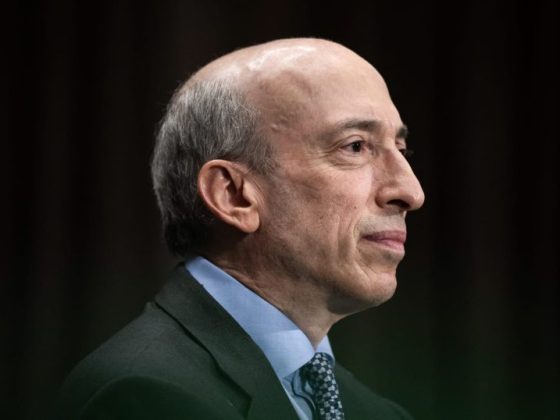Strike actions, often seen as the nuclear option of labor disputes, have once again taken center stage at America’s largest airplane manufacturer. Boeing factory workers have made the crucial decision to strike following a near-unanimous vote to reject the company’s recent contract proposal. Their grievances revolve around various issues ranging from compensation to safety measures, igniting a labor dispute that has starkly underlined the increasing strains within Boeing’s workforce and administrative relationships.
Firstly, at the heart of this dispute is the issue of worker compensation. The factory workers claim that the proposed contract was not reflective of their significant contribution to Boeing’s dominance in the global aviation industry. They argued that their wages have not been keeping up with the cost of living and the consistent profitability of the company. Rather than recognizing the dedication and tenacity of its workforce, the factory workers believe that Boeing has been more intent on promoting shareholders’ interests at their expense.
Also fueling the strike is dissatisfaction with the alleged pervasive disregard for safety at Boeing factories. The factory workers’ union believes the company has been cutting corners on safety protocols and procedures to maximize production. Union officials have been vocal about their concerns around the incidences of workplace injuries and lack of a corrective action plan from the management’s end.
Moreover, Boeing’s contractual proposal also received backlash for its suggested changes to the workers’ health insurance contributions. The proposed increases in workers’ health care costs were described as highly disproportionate to their wage increases. Such potential changes have raised alarm bells among long-serving employees with families who depend on these benefits. They argue it is an undue burden on the workforce, an added stressor in an already demanding working environment.
Adding to these grievances, the factory workers have also raised concerns about job security. In an age where automation and outsource practices are rampant, the workers argue that the contractual proposal did not contain sufficient guarantees against potential job losses. Job security is an emotionally charged subject and something Boeing’s factory workers are deeply concerned about, as it affects not only them but also their families and the communities they live in.
Despite these grievances, it’s essential to recognize that strikes are not taken lightly by any workforce. Strikes can be a double-edged sword, potentially resulting in job losses, pay losses, and even overall detrimental effects on the company’s finances and reputation. However, it is a testament to the level of dissatisfaction among Boeing’s factory workers that the strike action was overwhelmingly endorsed.
The Boeing factory workers strike is a complex issue with multifaceted triggers, demonstrating the challenges in the industrial and labor relations landscape. As both sides harden their positions, the hope is that meaningful dialogue and negotiation can prevail over confrontation, resulting in a fair and balanced resolution that respects both the vital contribution of Boeing’s factory workers and the broader strategic objectives of the company. Only time will tell which direction this labor dispute will take. It’s undeniable, though, that the current unrest serves as a key reminder of the importance of achieving a harmonious balance between employers and employees in any business.











